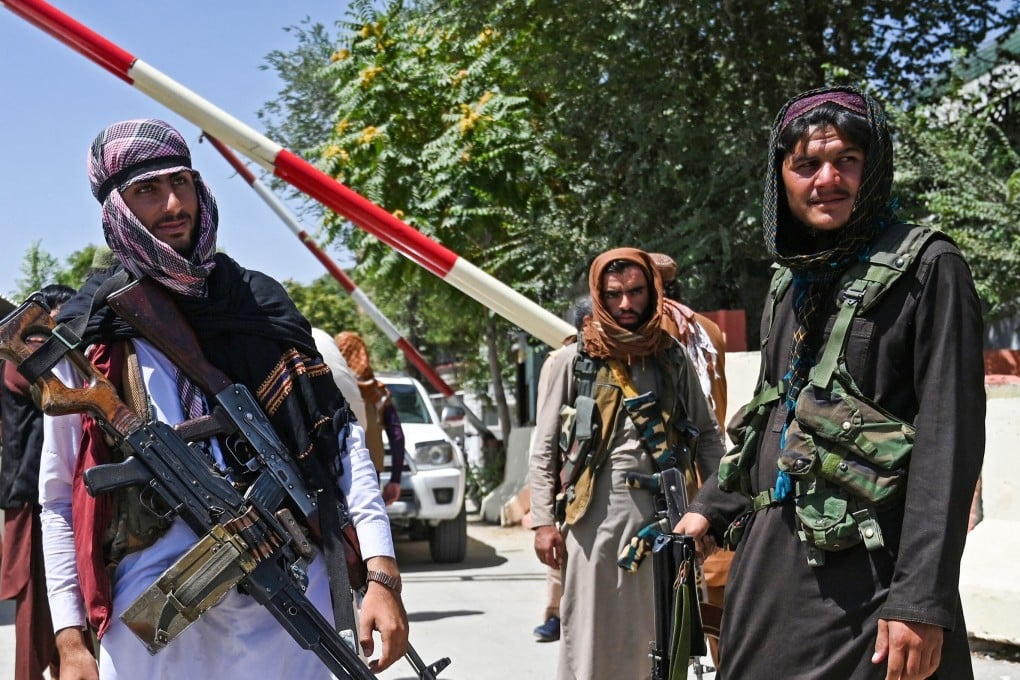Analysis | Afghanistan: the Taliban got what it wanted. Now it must live up to US, Chinese and Russian expectations
- The Taliban has an opportunity for diplomatic recognition after retaking Kabul and has made reassuring noises about its policies ahead of a speech by its leader
- The US may be reluctant to grant legitimacy to its erstwhile enemy, but it will also be unwilling to abandon its stakes to Russia and China.

After its lightning advance into Kabul, the Taliban is reportedly finalising a speech in which its elusive leader Mawlawi Hibatullah Akhundzada will soon spell out the group’s political plans and policies.
Taliban spokesmen have also repeatedly said the group wants the international community to help rebuild war-torn Afghanistan.
Islamabad-based security analyst Tahir Khan said on Pakistan television that the draft speech was being vetted by the group’s influential Islamic scholars and he expected Akhundzada to deliver it this week as part of its “policy to strengthen its hold on power within seven days” of seizing Kabul.
Days after its forces strolled unopposed into the capital to seize the reins of power, the Taliban’s political engagement with major powers and Afghanistan’s neighbours – along with the collapse of the government in Kabul – has opened a window of opportunity for the Islamist movement to gain diplomatic recognition.